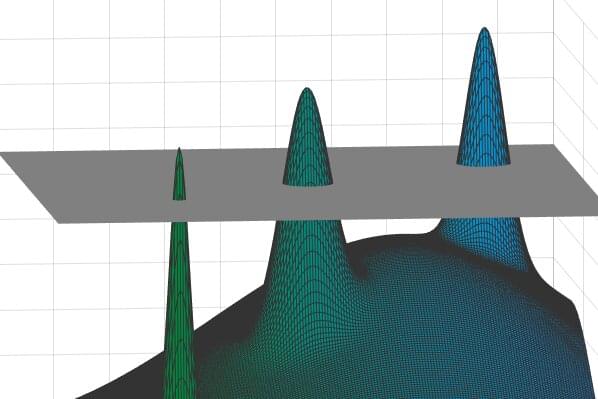The notion that some computational problems in math and computer science can be hard should come as no surprise. There is, in fact, an entire class of problems deemed impossible to solve algorithmically. Just below this class lie slightly “easier” problems that are less well-understood—and may be impossible, too.
David Gamarnik, professor of operations research at the MIT Sloan School of Management and the Institute for Data, Systems, and Society, is focusing his attention on the latter, less-studied category of problems, which are more relevant to the everyday world because they involve randomness —an integral feature of natural systems. He and his colleagues have developed a potent tool for analyzing these problems called the overlap gap property (or OGP). Gamarnik described the new methodology in a recent paper in the Proceedings of the National Academy of Sciences.
